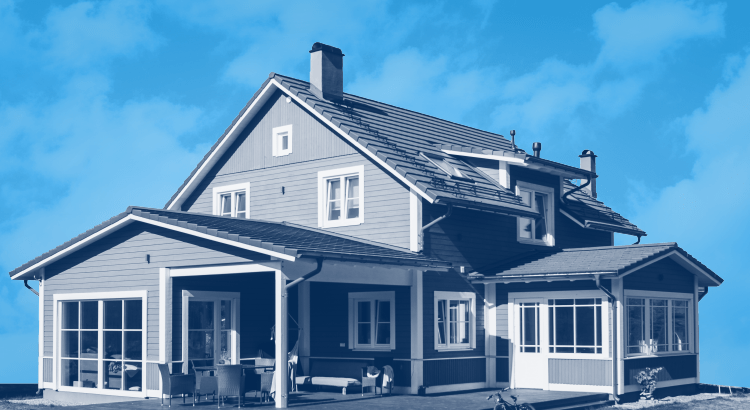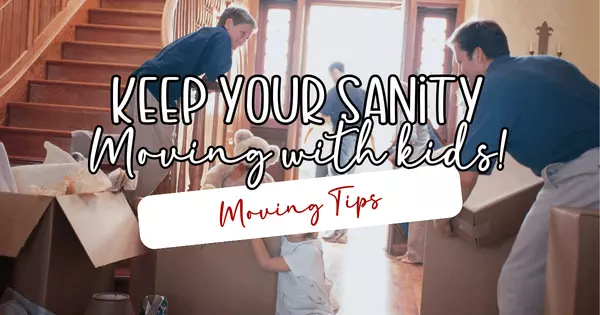
3 Reasons To Move in Today’s Shifting Market
Some Highlights The housing market is in a transition. And that gives you 3 key opportunities going into the fall. There are more homes actively for sale. Builders are motivated to sell, so a newly built home may be more achievable than you think. And mortgage rates have come down from their rece

Are There More Homes for Sale Where You Live?
One of the biggest bright spots in today’s housing market is how much the supply of homes for sale has grown since the beginning of this year. Recent data from Realtor.com shows that nationally, there are 36.6% more homes actively for sale now compared to the same time last year. That’s a signific

Are Home Prices Going To Come Down?
Today’s headlines and news stories about home prices are confusing and make it tough to know what’s really happening. Some say home prices are heading for a correction, but what do the facts say? Well, it helps to start by looking at what a correction means. Here’s what Danielle Hale, Chief Economi
Categories
- All Blogs (26)
- Affordability (3)
- Agent Value (4)
- Buying Tips (6)
- Downsizing (1)
- Economy (2)
- Empty Nesters (1)
- Equity (1)
- Featured (2)
- First-Time Buyers (2)
- For Buyers (16)
- For Sellers (11)
- Home Prices (7)
- Infographics (3)
- Inventory (3)
- Local (4)
- Mortgage Rates (5)
- Rent vs. Buy (1)
- Seasonal (1)
- Selling Tips (6)
- Things to Do (2)
Recent Posts











